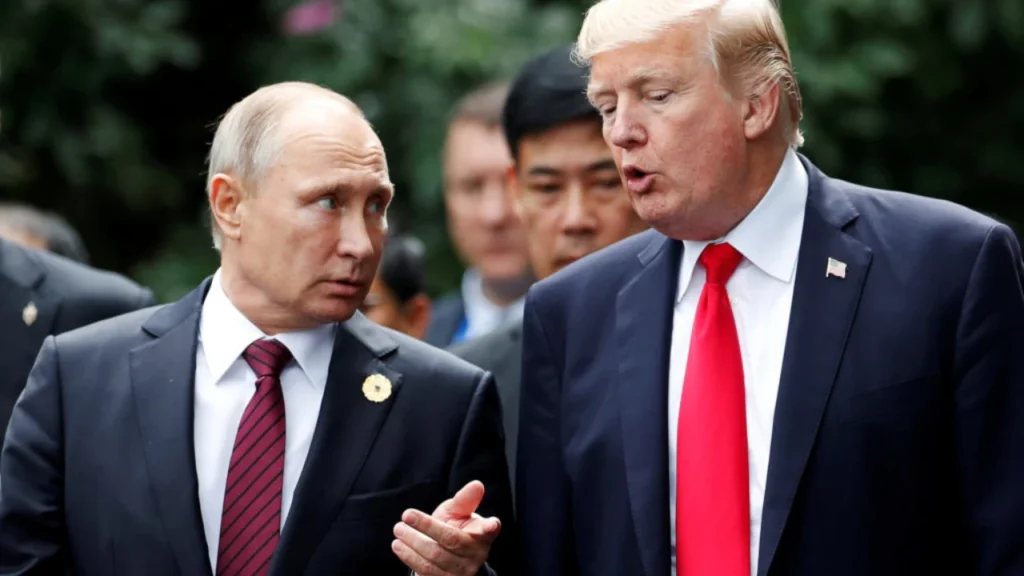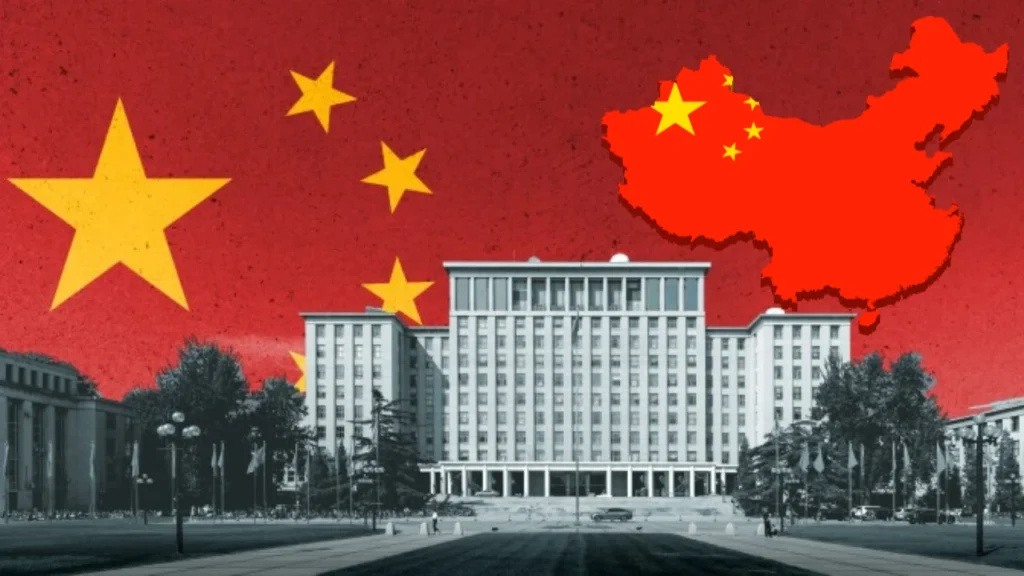Former U.S. President Donald Trump shifting stance on Ukraine has reignited international debate, with experts suggesting Russian President Vladimir Putin may have subtly influenced Trump foreign policy narrative. As Trump rhetoric leans further away from supporting Ukraine, concerns are growing about the implications for global alliances, U.S. diplomacy, and the ongoing war in Eastern Europe.
A Noticeable Change in Tone
During his presidency, Trump maintained a cautious approach to U.S. involvement in Ukraine, often questioning the aid provided to Kyiv and suggesting that European countries take on more responsibility. Now, as Trump eyes another term, his statements have become more aligned with narratives favorable to the Kremlin. He has publicly hinted at ending U.S. military assistance to Ukraine and criticized NATO allies for pushing America into “unnecessary conflicts.”
This dramatic pivot has not gone unnoticed by analysts who believe such views could weaken Western unity and embolden Russia at a critical juncture in the war.
How Putin Gained Leverage
Intelligence officials and foreign policy experts argue that Putin’s long game may be paying off. By capitalizing on internal U.S. divisions, spreading disinformation, and exploiting global fatigue over the prolonged conflict, the Russian leadership has seemingly nudged American political discourse closer to its own interests. Trump rhetoric, whether intentional or not, reflects this shift.
What makes this concerning is the timing. With the U.S. playing a central role in Ukraine’s defense through weapons, intelligence, and financial support, any rollback of that backing could change the balance of power on the battlefield.
Allies Alarmed by Potential Policy Reversal
European leaders are increasingly anxious about what a second Trump term could mean. If U.S. support for Ukraine diminishes, countries like Poland, Germany, and France may face more pressure to fill the void. NATO could also experience strategic strain, as the alliance’s strength relies heavily on American leadership.
Additionally, Ukrainian officials have expressed unease, fearing that waning Western resolve could stall their counteroffensives and harden Russian territorial control.
What Lies Ahead
Trump evolving position on Ukraine is likely to remain a flashpoint in the upcoming U.S. elections. The broader concern is not just about one man’s views but about how domestic politics in powerful nations can reshape global conflict dynamics. For now, Ukraine continues to rely on current U.S. support, but future uncertainty looms large.
This geopolitical shift signals a critical moment. As war rages on, diplomacy, elections, and international unity will shape what comes next for Ukraine and the world.





















